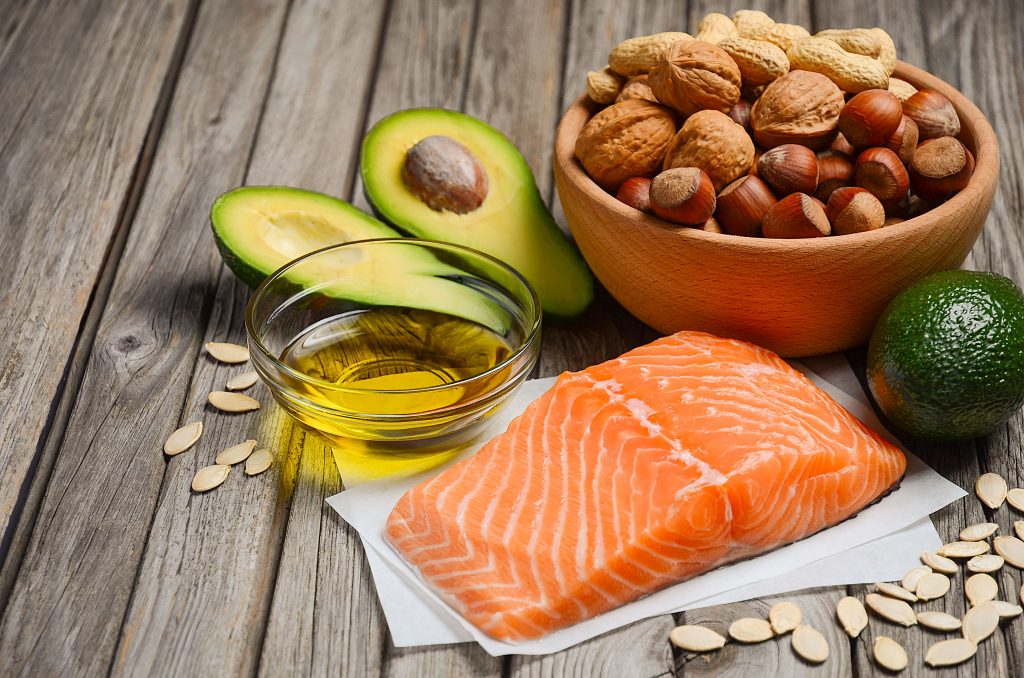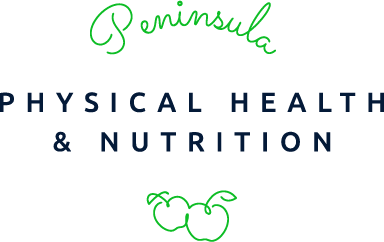Liver and Kidney Disease
The primary role of the liver is to eliminate toxins from the body, aid in the digestion of nutrients, particularly those traveling from our stomach before they rejoin our blood stream and produce blood protein and blood clotting agents.
Many dietary and lifestyle factors can lead to the damage and inflammation of our liver, most commonly those caused by our affluent lifestyles:

Dietary risk factors include:
- Overweight or obesity.
- A waist circumference of more than 80cm for women and 94cm for men.
- Existing deranged liver enzymes or cholesterol levels (triglycerides, total cholesterol, elevated liver function tests).
- Existing pre-diabetes or diabetes.
- Alcoholism.
Forms of liver damage can exist commonly as ‘fatty liver’, which is commonly caused by obesity and central weight gain, the prolonged use of regular drug therapy (e.g. steroids, opioids, chemotherapy) and, of course, alcohol.
Often alcohol is responsible for other conditions such as Alcohol Steatohepatitis and cirrhosis, but it can exist also as non-Alcohol Steatohepatitis (NASH).
Cirrhosis causes death of the liver cells, which is almost irreversible, and in the long term can lead to liver failure, massive nutrient imbalances, loss of appetite and severe malnutrition and weight loss.
It is extremely important that you contact your dietitian if any of these liver conditions are present and/or if you have one or more of the risk factors listed above.
What is kidney nutrition?
Looking after the health and well-being of our kidneys (renal system) is important at any age. The kidneys act as a filter, working to excrete waste products from our bodies through urine. These waste products are largely related to the food we eat.
Many factors can affect your kidney function. These include age, poorly controlled Type 1 and 2 diabetes, cardiac problems, elevated blood pressure, being overweight or obese, episodes where you are very unwell (acute medical problems) as well as dehydration. When your kidneys are under more stress, it can mean that you have a greater chance of long lasting damage to your kidneys.
How can PPN dietitians help with liver and kidney disease and nutrition?
Our dietitians can help you to ensure you are eating the correct foods to achieve a healthy body weight. This will also optimise your nutritional status, to preserve kidney and liver function and health.
Our dietitians are highly qualified in this area and can assist you to:
- Achieve a healthy body weight.
- Lower your triglycerides through diet, medication or both.
- Improve your diabetes control if you’re a Type 1 or Type 2 diabetic or have pre-diabetes
- Adopt a healthy, well balance diet.
- Work out important nutrient requirements for those persons with liver failure and closely monitor their body composition (energy stores, muscle mass, fat mass, prevent weight loss).
- Increase your physical activity levels – get regular check-ups from a doctor who specialises in liver care and an exercise physiologist.
If you already have kidney impairment or end stage kidney failure, our dietitians can help to develop a tailored meal plan that provides the appropriate levels of protein, sodium (salt), potassium and phosphate, which can be dangerous to a person with kidney failure if consumed in excessive amounts.




